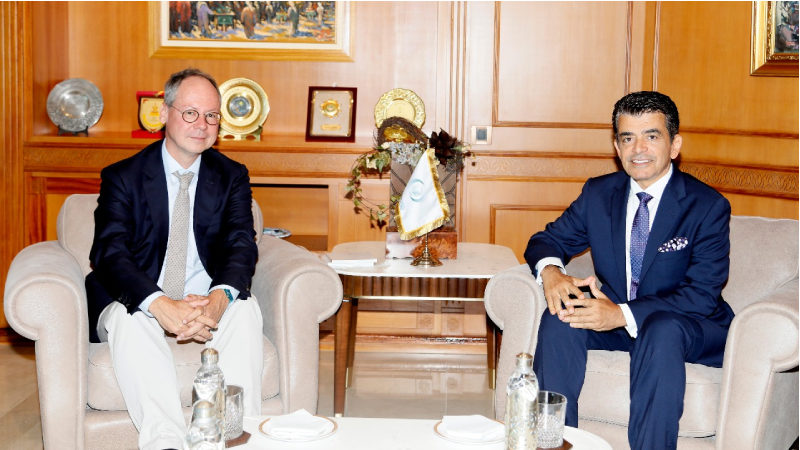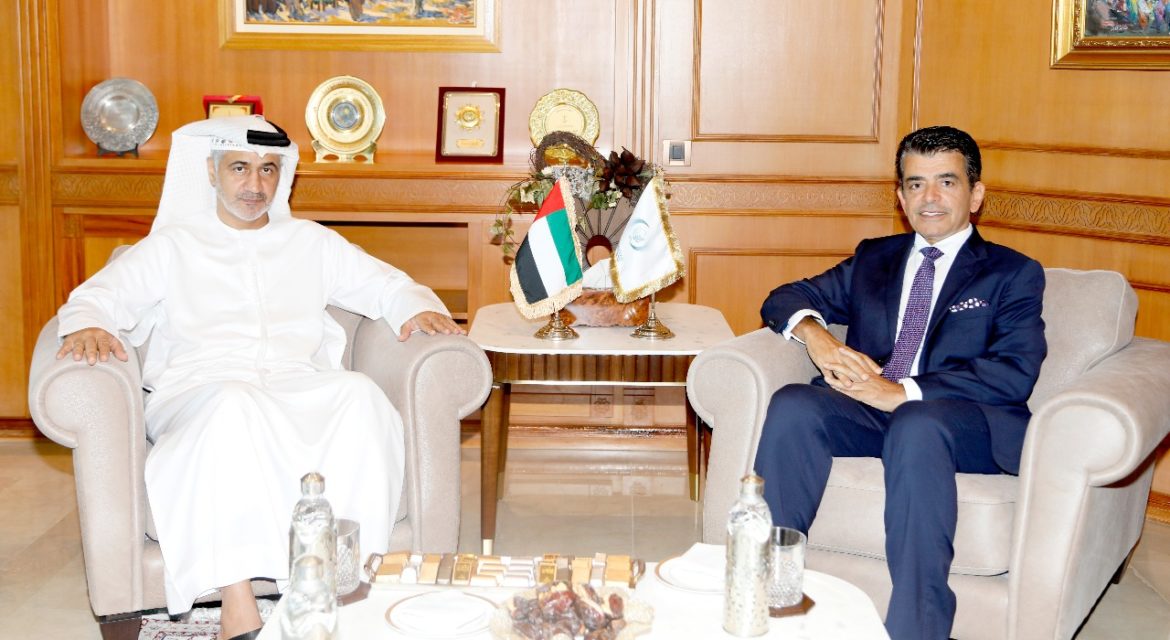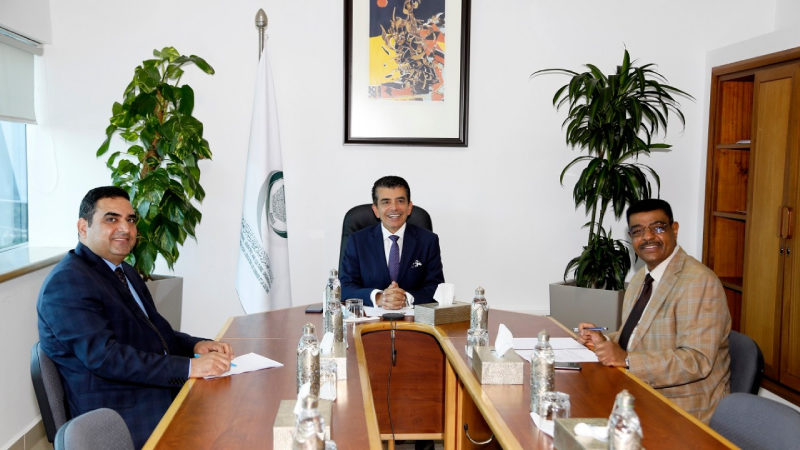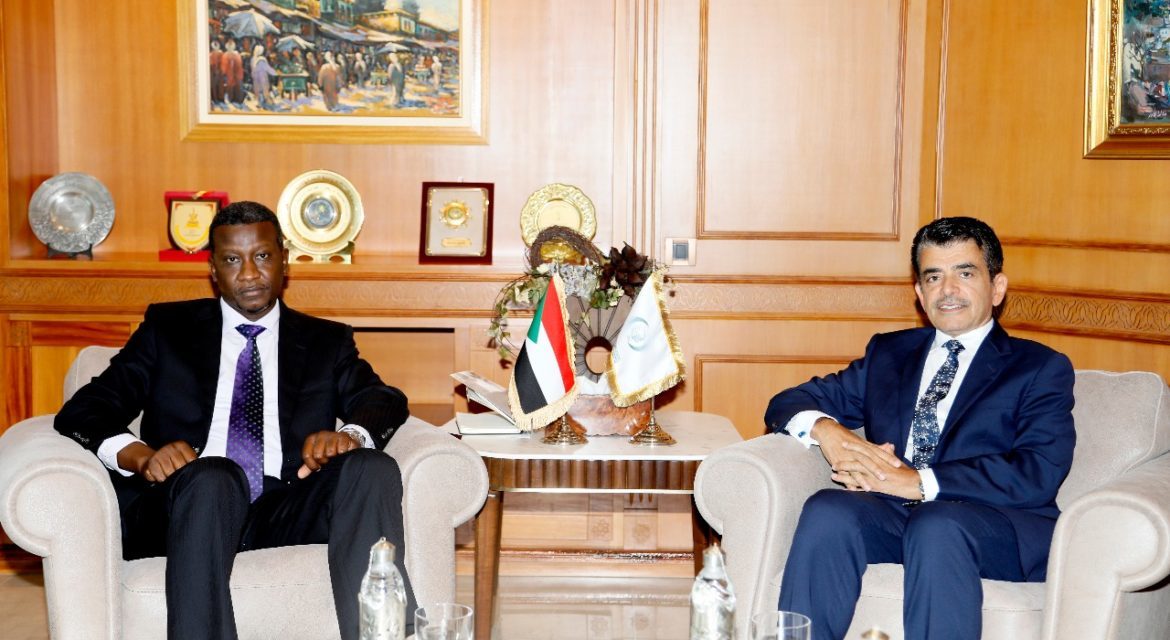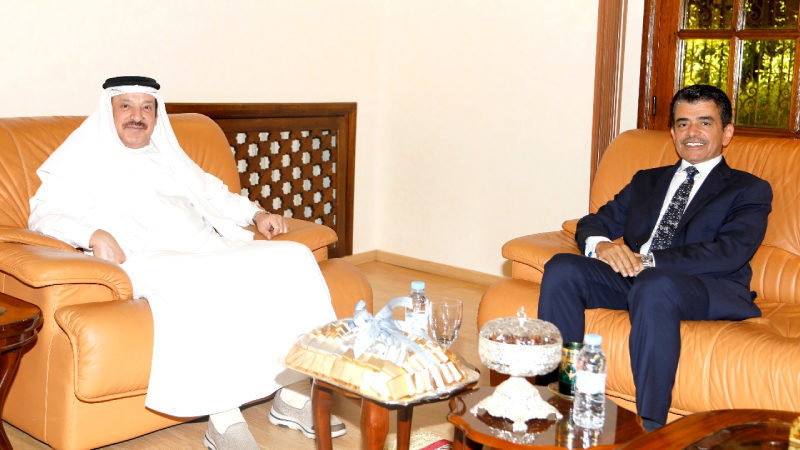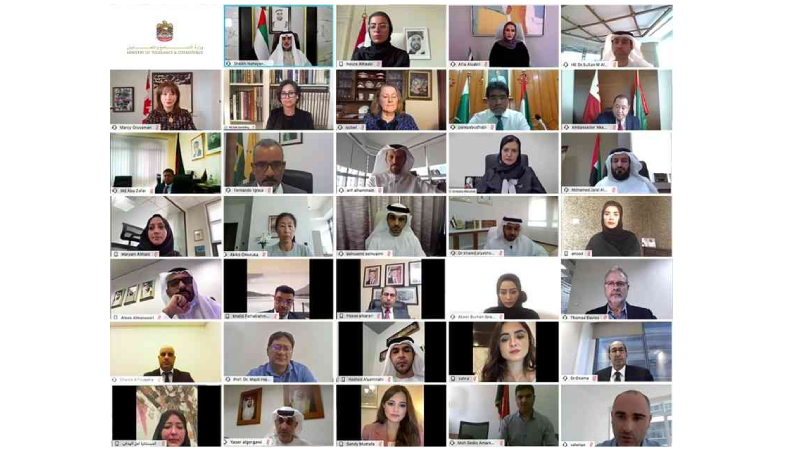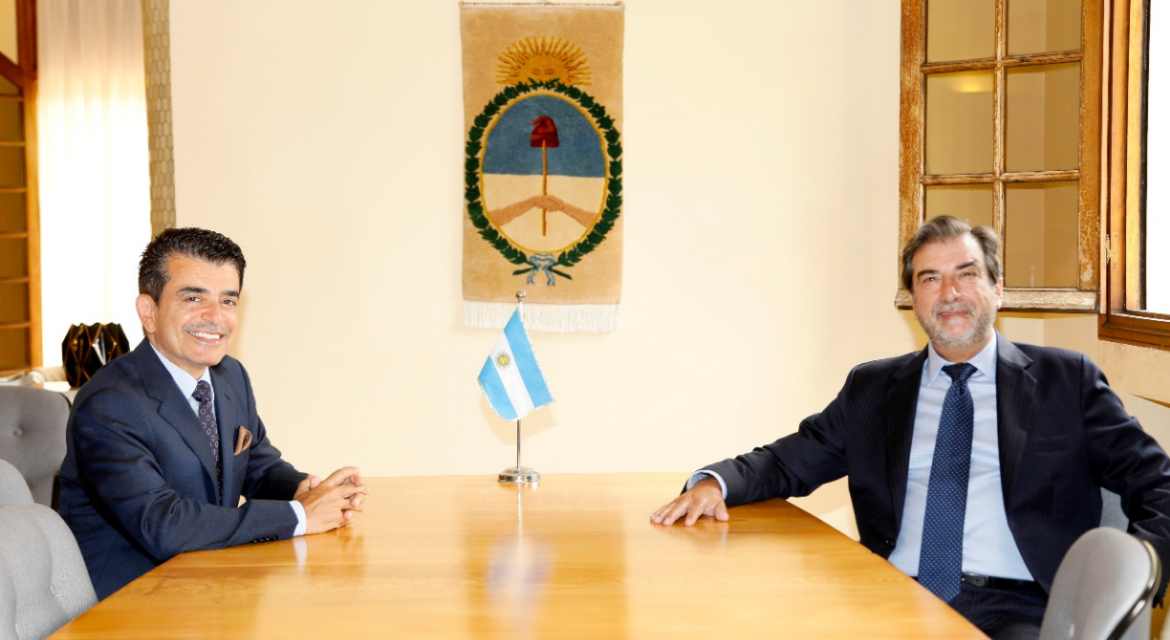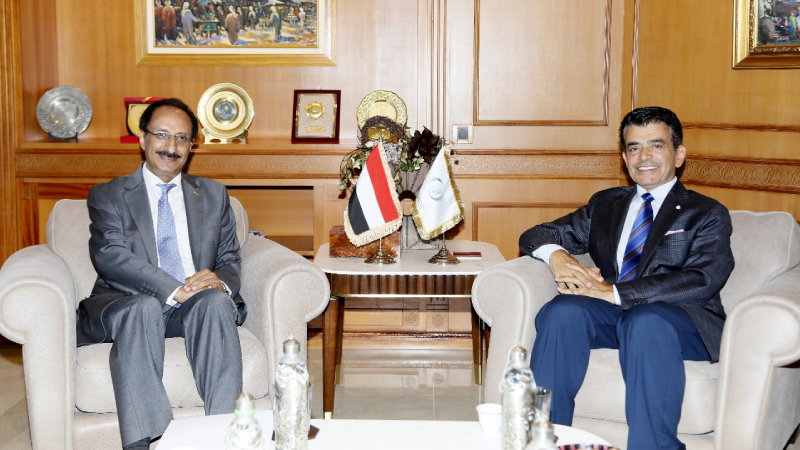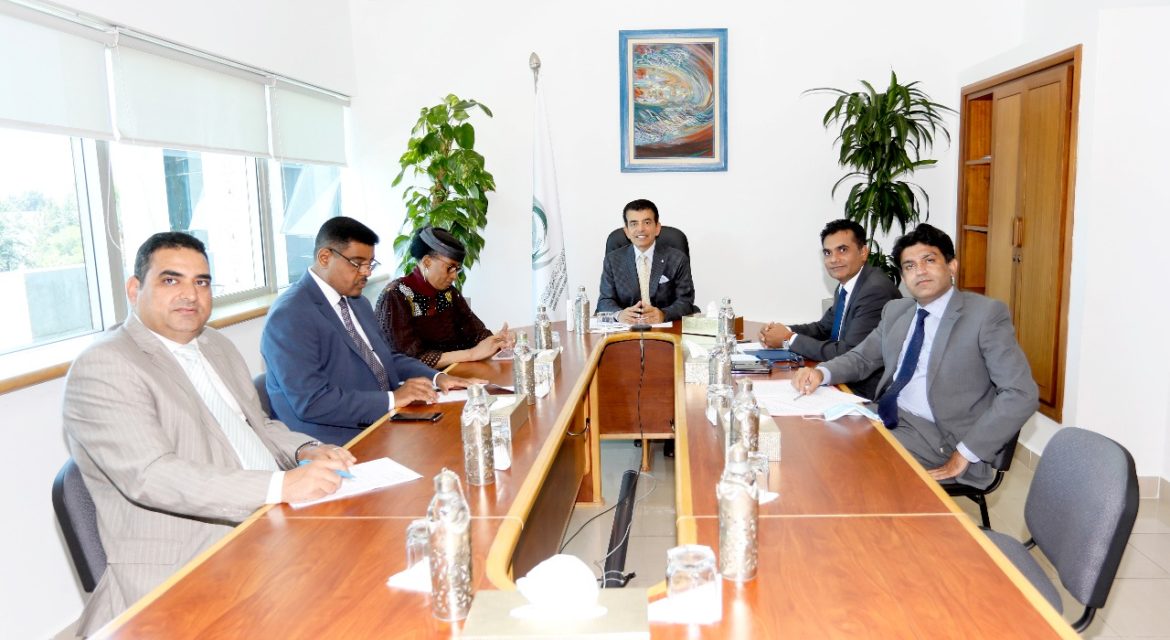Dr. Salim M. Al-Malik, Director-General (DG) of the Islamic World Educational, Scientific, and Cultural Organization (ICESCO) received yesterday, August 11 Mr. Klaus Kögeler, Ambassador of Austria to Morocco. The discussions revolved around ways to promote cooperation between the Organization and the country in the fields of education, science, and culture.
At the Organization’s headquarters in Rabat, the DG highlighted the open-door policy in ICESCO’s vision and strategy. He noted that the Organization adopted a new regulations charter for Observer States. Dr. AlMalik added that the charter ensures the active participation of non-Member States, excluding the right to vote. The visit was an opportunity to invite Austria to join ICESCO as an Observer State.
The DG also presented the major changes that ICESCO witnessed and the new working mechanisms it adopted. He said that the Organization’s new approach is based on building sustainable relationships with its Member States. The fresh development translates to specific programs that correspond to their respective needs, in cooperation with officials in every country.
Dr. AlMalik gave an overview of ICESCO’s awards and initiatives during the COVID-19 pandemic. Two popular initiatives are “ICESCO Prize for Fighting Coronavirus,” “ICESCO Digital Home,” and the “Societies We Want Initiative.”
Multiple countries, international organizations, and institutions also supported the “Comprehensive Humanitarian Coalition.” The latter assists local communities in various countries, particularly in Africa. The DG extended an invitation to Austria to join the coalition.
The Austrian Ambassador commended the initiatives and programs that ICESCO launched to help countries mitigate the impact of the COVID-19 pandemic. He also expressed a great interest in developing cooperation between Austria and ICESCO.


